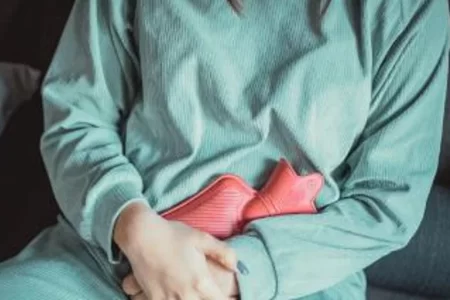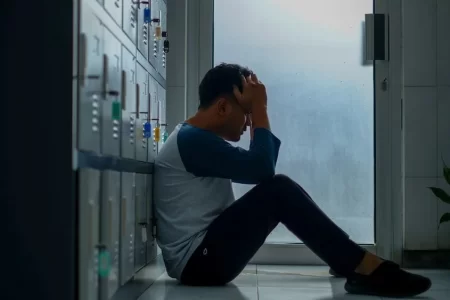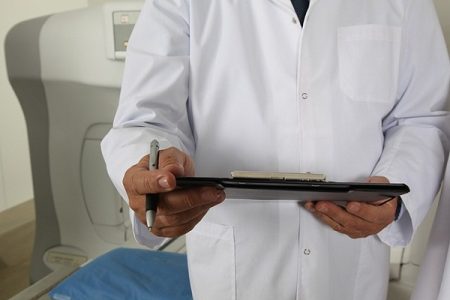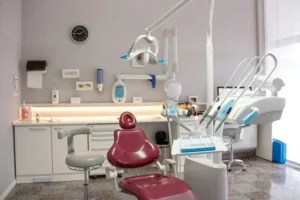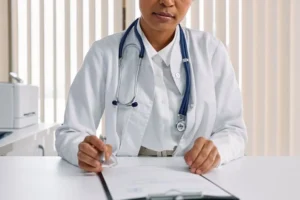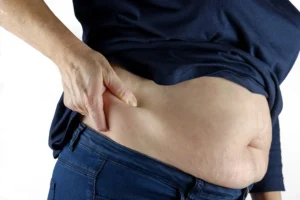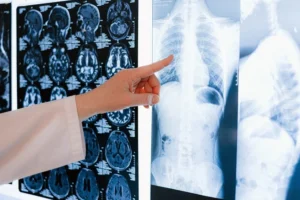What are the signs and symptoms of Hemorrhoids?
- Updated on: Jul 9, 2024
- 2 min Read
- Published on Oct 3, 2019
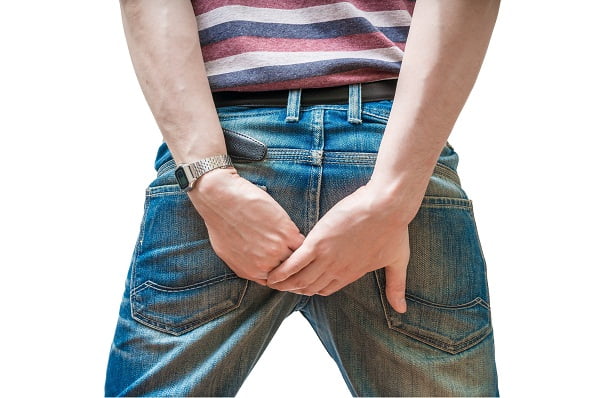

Piles or hemorrhoids formation takes place when there is too much of pressure on the walls of the anus. Though hemorrhoids are not life-threatening, they cause extreme pain and discomfort to the person suffering.
On the basis of location, hemorrhoids are categorized as internal hemorrhoids and external hemorrhoids. Internal hemorrhoids lie inside the rectum and usually can’t be seen or felt by the person suffering. They rarely cause discomfort. However, straining too much during the bowel movement can cause them to bleed.
Sometimes, straining can push these internal hemorrhoids out of the anal opening. This is called a prolapsed hemorrhoid. Prolapsed hemorrhoids are known to cause extreme pain and irritation.
External hemorrhoids are present outside anal opening. These are present under the skin around the anus. These hemorrhoids itch a lot and bleed when irritated. Occasionally, blood pools up in external hemorrhoids and cause a clot in it. This is called a thrombosed hemorrhoid. Thrombosed hemorrhoids are known to cause severe pain, swelling and inflammation. A person suffering with it can feel a painful hard lump near the anus.
Signs and symptoms of hemorrhoids
Depending upon the location, symptoms and signs of hemorrhoids may vary. Some of the symptoms are:
- bleeding from anus during bowel movement
- painful bowel movement
- fecal leakage
- itching or irritation in anal region
- pain in anal region
- discomfort while sitting and standing
- swelling of area
- lump near anus (hard, painful, itchy or sensitive)
- mucus discharge when empty bowel
A person suffering from hemorrhoid may sometimes feel like bowel is still full even after defecating. Bleeding during bowel movement is the most common sign of hemorrhoids.
Most often internal hemorrhoid has no visible symptom. They are found if there is bleeding or after prolapse. The lump formed near anus is pink or black-blue in color. It is sometimes painless and sometimes extremely sensitive.
When to consult a doctor?
Though they are quite painful, however, hemorrhoids are not a major health issue, but a person should never ignore signs of bleeding and swelling in the anal region. The person should immediately consult a doctor if he or she sees any of the following signs:
- bleeding from rectal region for no apparent reason
- pain and discomfort during bowel movement
- lump near anal opening
Hemorrhoids are not the only reason for the bleeding. There might be some serious health issues that may require an urgent attention. Hemorrhoids can be cured with consultation from healthcare professional and proper medications.





